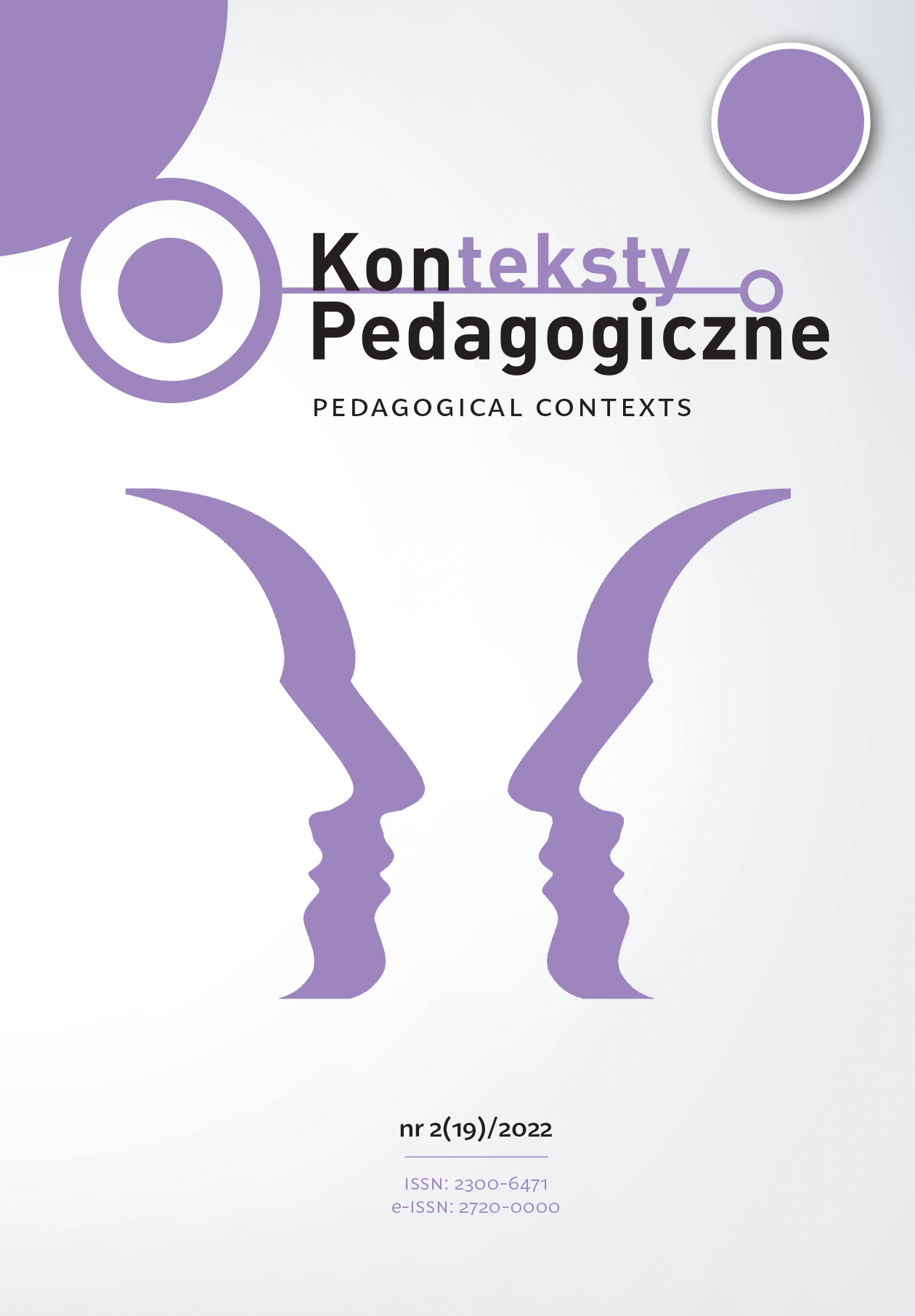Abstract
Nowadays, video games are said to be an inherent part of many people’s everyday lives. They are frequently used for entertainment purposes. However, to say that this is their sole purpose would be far from the truth. There exists a special kind of video games, whose creator had in mind another goal aside from providing simple entertainment. These educational video games, as they are called, are created with an aim to improve users’ skills in a given field and to enable them to gain new knowledge by involving some learning process. The publication presents results of a study conducted with the use of one of such games ‒ Esteville. It shares its core structure with currently popular RPG games. Players control a virtual character, whose task is exploring game’s open world and searching for NPCs in need of the aid, then conducting medical interview with them. The current version of the game is best used for students of medicine, as well as students of other fields, providing the possibility of a future professional career rich in interpersonal interactions on a professional-patient basis. Ultimately, it is to be a tool that significantly increases the effectiveness of learning in the modern educational process.
References
Abt, C. (1970). Serious games. New York: The Viking Press.
Al-Tarawneh, M.H., (2016). The Effectiveness of Educational Games on Scientific Concepts Acquisition in First-Grade Students in Science. Journal of Education and Practice, 7(3), 31‒37.
Annetta, L.A. (2008). Serious Educational Games: From Theory to Practice. Rotterdam: Sense Publishers.
Boctor, L. (2013). Active-Learning Strategies: The Use of a Game to Reinforce Learning in Nursing Education. A Case Study. Nurse Education in Practice, 13(2), 96–100.
Cheng, M.-T., Chen, J.-H., Chu, S.-J. i Chen, S.-Y. (2015). The Use of Serious Games in Science Education: A Review of Selected Empirical Research from 2002 to 2013. Journal of Computers in Education, 2(3), 353–375.
Doroszewska, A., Oronowicz-Jaśkowiak, W. i Oronowicz-Jaśkowiak, A. (2019). Postawy studentów wobec idei i programu nauczania umiejętności komunikacyjnych na Warszawskim Uniwersytecie Medycznym. W: M. Kulas, A. Doroszewska i M. Chojnacka-Kuraś (red.), Językowe, prawne i dydaktyczne aspekty porozumiewania się z pacjentem (s. 98‒115). Warszawa: Polska Akademia Nauk.
Kirriemuir, J. i McFarlane, A. (2004). Literature Review in Games and Learning. Futurelab Series. Report 8.

This work is licensed under a Creative Commons Attribution-ShareAlike 4.0 International License.
Copyright (c) 2022 Pedagogical Contexts

